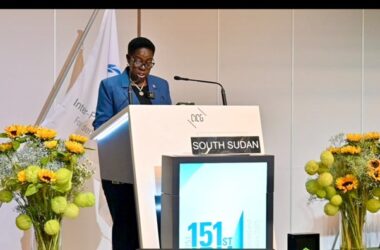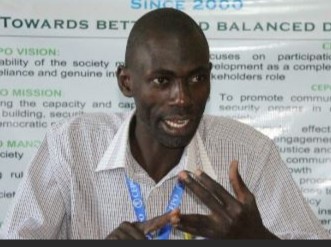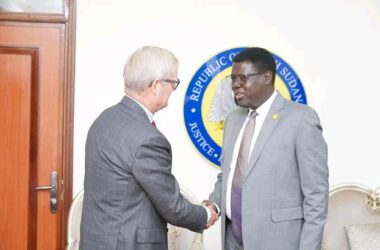By Deng Ghai Deng
A member of parliament representing Tonj North County in the Transitional National Legislative Assembly (TNLA) has called on the national government to intervene and stop the ongoing deadly inter-communal fighting in Warrap State.
State officials reported that at least 20 people were killed and 38 others wounded on Saturday during intense clashes in Tonj North County.
Lawmaker Mawut Dhor emphasized the urgent need for central government intervention, stating that the state government lacks the capacity to end the bloodshed.
“The solution is for the government to fly in the forces to silence the guns—this is the immediate thing required now. Also, the humanitarian intervention by Red Cross to start going to the area today or tomorrow to save the lives of the injured,” Dhor said.
Local officials cited severe flooding as a major obstacle, rendering roads impassable and hampering efforts to contain the situation.
Security forces have established roadblocks to prevent the supply of ammunition to the conflict zone.
Maj. Gen. Lul Ruai Koang, spokesperson for the South Sudan People’s Defense Forces (SSPDF), acknowledged the challenges, including flooding and lack of airstrips, which complicate military intervention.
“We have enough security force on the ground, what is stopping them from intervening are the challenges I have just shared with you, but of course, they will try methods including engagement of rational authorities to talk with the youth while we are working out other solutions to gain access to the area,” Koang said.
The violence, which erupted between two factions of the Lou community in Alebek Payam, is allegedly fueled by incitement from criminal elements.
On Friday, President Salva Kiir directed the newly appointed Governor of Warrap State, Francis Marial Abur, to swiftly address the violence. President Kiir urged the governor to use his political authority and elder status to foster peace and unity in the state.
Despite the 2018 peace agreement between President Kiir and his rival Riek Machar, inter-communal violence, allegedly stirred by political elites, has been on the rise in parts of the country.



